However at second glance one realises: that doesn't apply to the DIY market in a strict sense. It is true that sales slumped in the B2B segment because overall in the country in the pandemic year they stagnated at the previous year's level. However the DIY stores were able to record in part high percentage growths.
Infoline breaks down the Russian market in detail as follows: the overall market for construction and renovation products as well as the DIY trade including B2B and building materials had a volume in 2020 of RUB 4.2 trillion (around EUR 49 bn). Included in this are RUB 1.7 trillion (around EUR 20 bn) for the product area soft and hard DIY as well as household and garden.
Among soft DIY are in particular products for interior design, for "cosmetic" renovation, decorative articles and for the house. The dominating distribution channel is B2C. The category hard DIY includes primarily products for DIY work, basic renovations, extensive repairs. It essentially accounts for the building materials trade (B2B) and the so-called open building materials yards. While Infoline estimates RUB 1.2 trillion (around EUR 14 bn) for soft and hard DIY, the market researchers see the remaining RUB 500 bn (around 6 bn) in the household and garden sector.
What these figures don't reveal: independent of Covid-19, there were several major movements in the group of the top 10 Russian DIY trade. At the start of October it was announced that the British Kingfisher group had sold their Russian Castorama stores to the Russian chain Maxidom. So with this, the former number 5 has left the market in Russia. With the, most recently, 18 stores and a retail space of 188 000 m² of the former Castorama stores, Maxidom has risen to number 2 - in terms of retail space. (The available sales table does not yet take the sales of the former Castorama stores into account for Maxidom in the remaining financial year.)
However the first three places in the sales ranking haven't changed compared to 2019. Yet the undisputed market leader remains, by a long way, Leroy Merlin, the DIY store chain of the…

 Menü
Menü




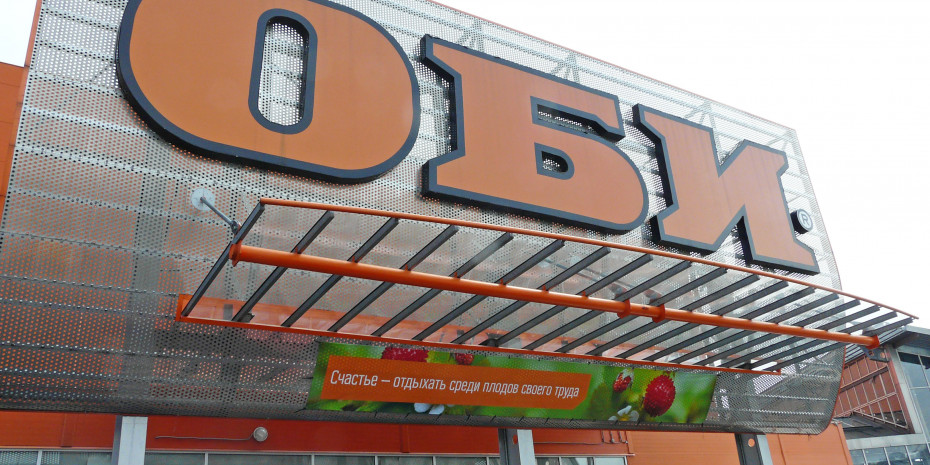

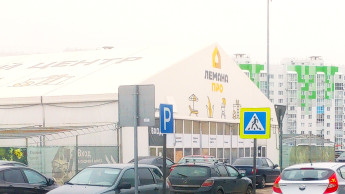
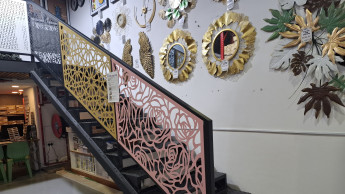
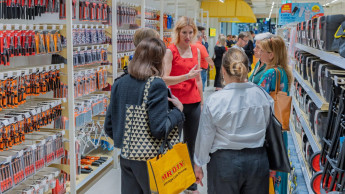




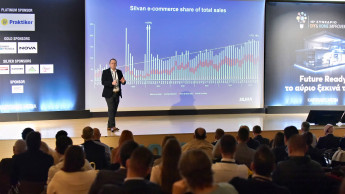
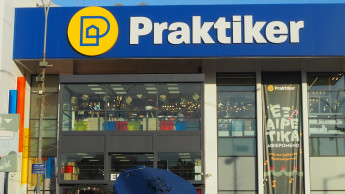
 Newsletter
Newsletter